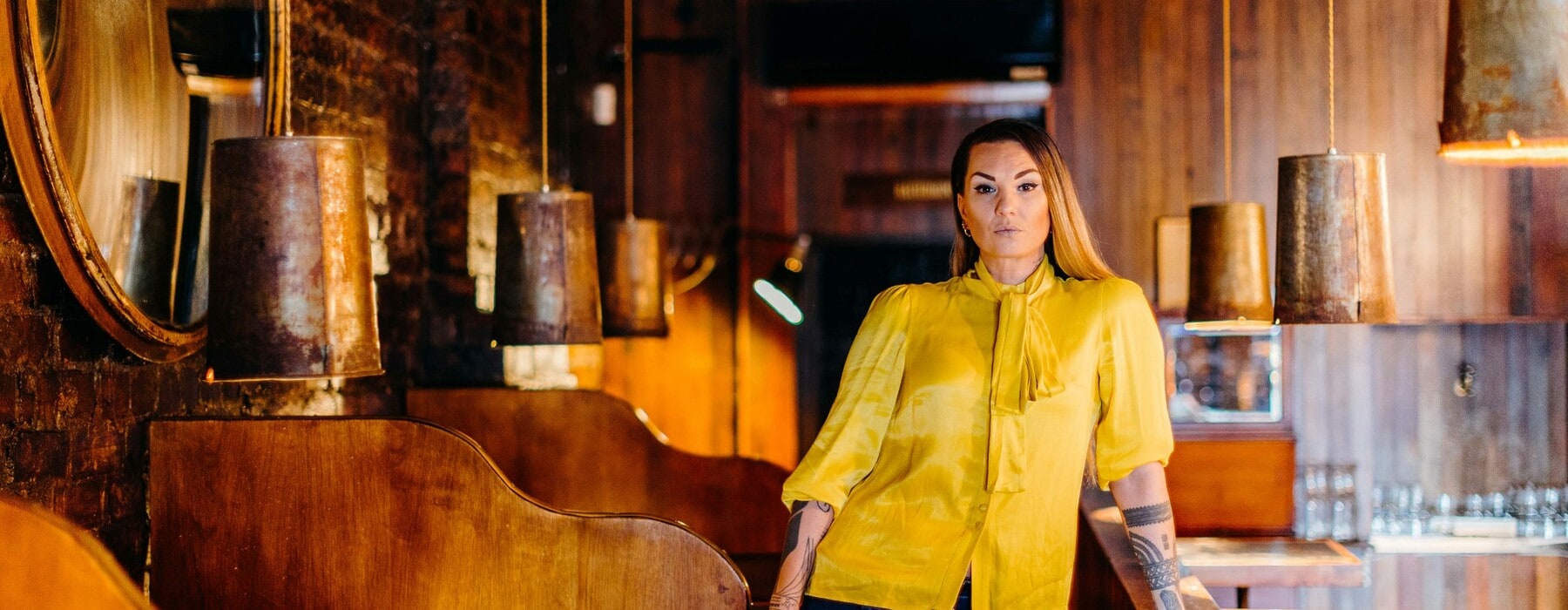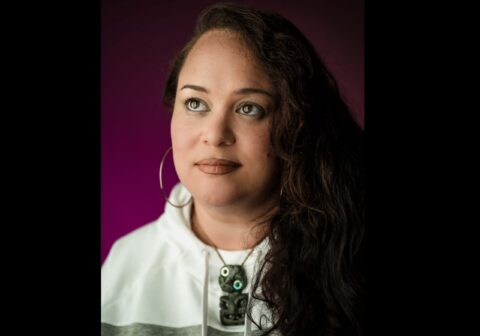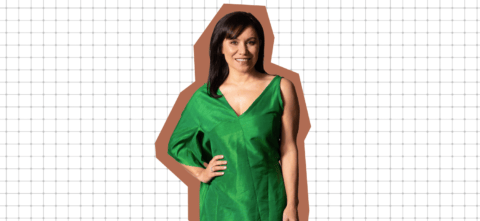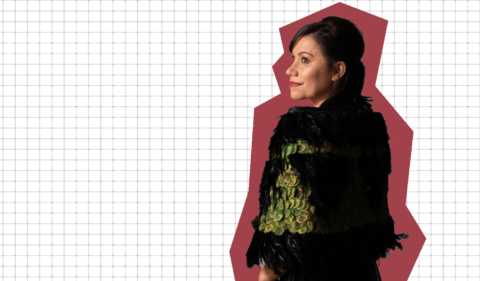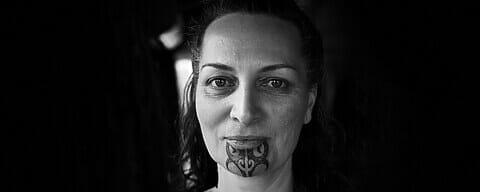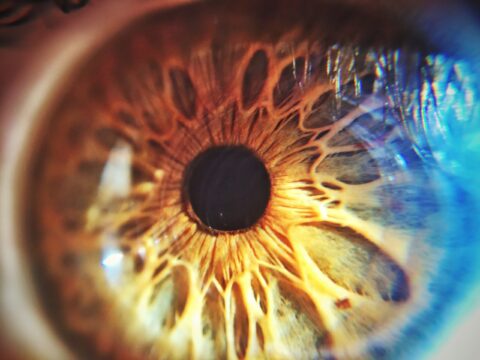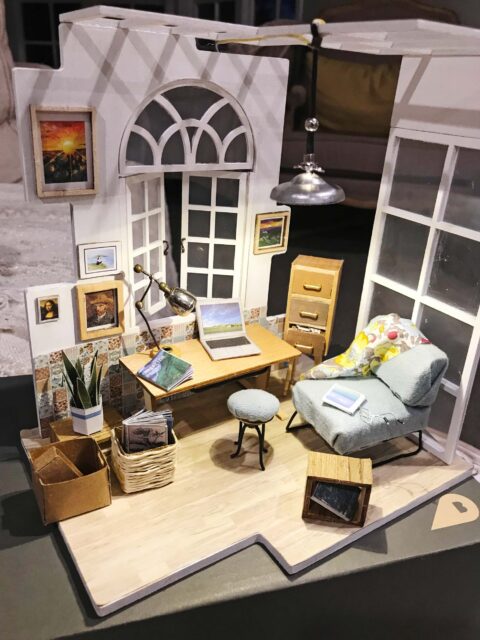Powerhouse performer Hollie Smith waxes lyrical about her new album and making amends with that song. Sharon Stephenson writes.
There was a time, probably a couple of years, when Hollie Smith refused to sing her stratospheric hit, Bathe in the River.
And who can blame her? That song, from the Kiwi film No. 2, was the soundtrack to the mid-2000s: an earworm that soared out of every car, bar and earbud. I attended at least two weddings where the happy couple chose it for their first dance.
“Bathe in the River opened a lot of doors for me, which was a huge help,” admits Hollie. “But at the time, I was working hard on being known as a producer and songwriter, not as a female singer. I felt it diminished what I’d been working towards and that I’d always be pegged with that song when I really just wanted to be known for my own music.”
Fortunately for her fans, of which there are many, Hollie kissed and made up with the single that put her on the fast track to fame.
“I love Bathe in the River now. I realise how special it is to people.”
Hollie is peering at me through a screen from the basement of her Auckland home, which does double duty as a mini recording studio and gallery. When she’s not writing, recording or singing songs, she paints large, expressive oil paintings she’d like to exhibit one day.
“Sorry about the mess,” she says, waving her extravagantly tattooed hands at the detritus behind her.
The 38-year-old is in PR mode, working her way through a day of interviews to promote her new album, Coming in From the Dark. If Hollie is weary, she doesn’t show it: dressed in a denim shirt and thick jumper, her skin scrubbed free of make-up, long hair swept up in a complicated arrangement on top of her head. I’d expected the singer – a past winner of the New Zealand Music Awards for Best Female Solo Artist – to be more serious than she is, but she’s bright, friendly and laughs often.
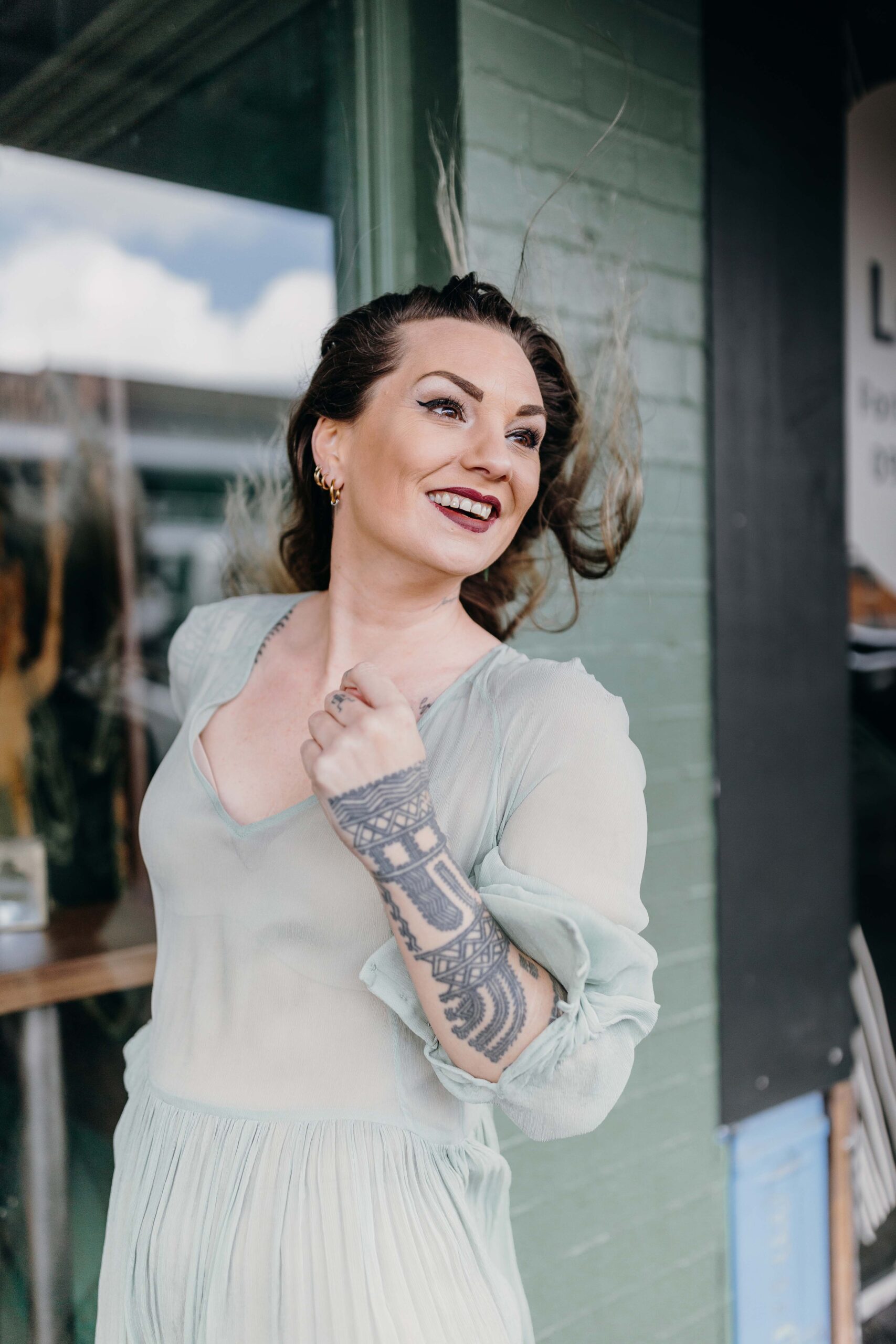
Her fourth solo album has been five years in the making. “It turns out I’m really good at procrastination!” she jokes. “To be honest, there’s been a lot of stuff happening – I moved to Auckland from Tauranga and then Covid happened.”
Hollie wasn’t totally idle, though: she spent the last few years writing the 11 songs, tweaking the melodies and lyrics right up until she recorded them in studios across Auckland, Wellington and Hamilton last year.
Most music is carved out of hard times and real pain, and this album is no exception. Suggest to Hollie that it feels more autobiographical than her previous solo work and she’ll agree.
“Usually my lyrics are a bit cryptic, so people don’t really know what’s going on. But this album feels more direct and relatable,” she reflects.
Nowhere does the album wear its aching heart on it sleeve more than in the song Billy, named after Hollie’s first love.
“We’ve always been close, but then Billy lost his son in a horrific accident, and last year, he was diagnosed with a rare form of lymphoma,” she says. “I wrote this song the night he passed away. The lyrics and melody fell out of me in one go.”
Other songs equally tug at the emotions, proving how much Hollie had to get off her chest.
“When I was writing these songs, Trump was running for re-election and the Syrian refugee crisis was happening. I felt so overwhelmed and found it hard to switch off.”
Ditto the Twitter storms around Black Lives Matter and the #MeToo movement. “Some people responded to those hashtags with comments like, ‘All lives matter’ and ‘Not all men are bad’. I wanted to say, you’re so missing the point, you need to go and educate yourself! That’s the kind of stuff I was dealing with when I wrote these songs.”
Collaborating with the New Zealand Symphony Orchestra added another dimension to this album, which Hollie also produced.
“The orchestra approached me as they were looking to work with local artists. Normally my work is more stripped back, but it’s hard to strip back a track when there are 80 people working on it! But this is still the album I had in mind when I first started thinking about it.”
Any conversation almost anywhere on the planet these days is bound to veer towards the C-word. While Hollie can’t hide her delight at her upcoming tour of Aotearoa, an eight-date event that will see her bring her soulful anthems from Queenstown to Auckland, she’s crossing her fingers that Covid doesn’t mess things up.
“We’ve got some contingency dates if the pandemic and lockdowns change things,” she says with a resigned sigh. “I’ve been really excited about this tour because it’s been bloody ages since I last performed live. But this week I’ve been feeling a bit down in case things change yet again. I’ve missed performing a lot and can’t wait to catch up with my band who are based in Wellington.”
The global pandemic has affected New Zealand’s songstress-in-chief in other ways, particularly her motivation levels.
“Lockdown has been hard. Like everyone, not knowing what’s happening is starting to take its toll. I find it hard to create in this environment and the energy is really different this lockdown. I should be writing songs but the motivation just isn’t there.”
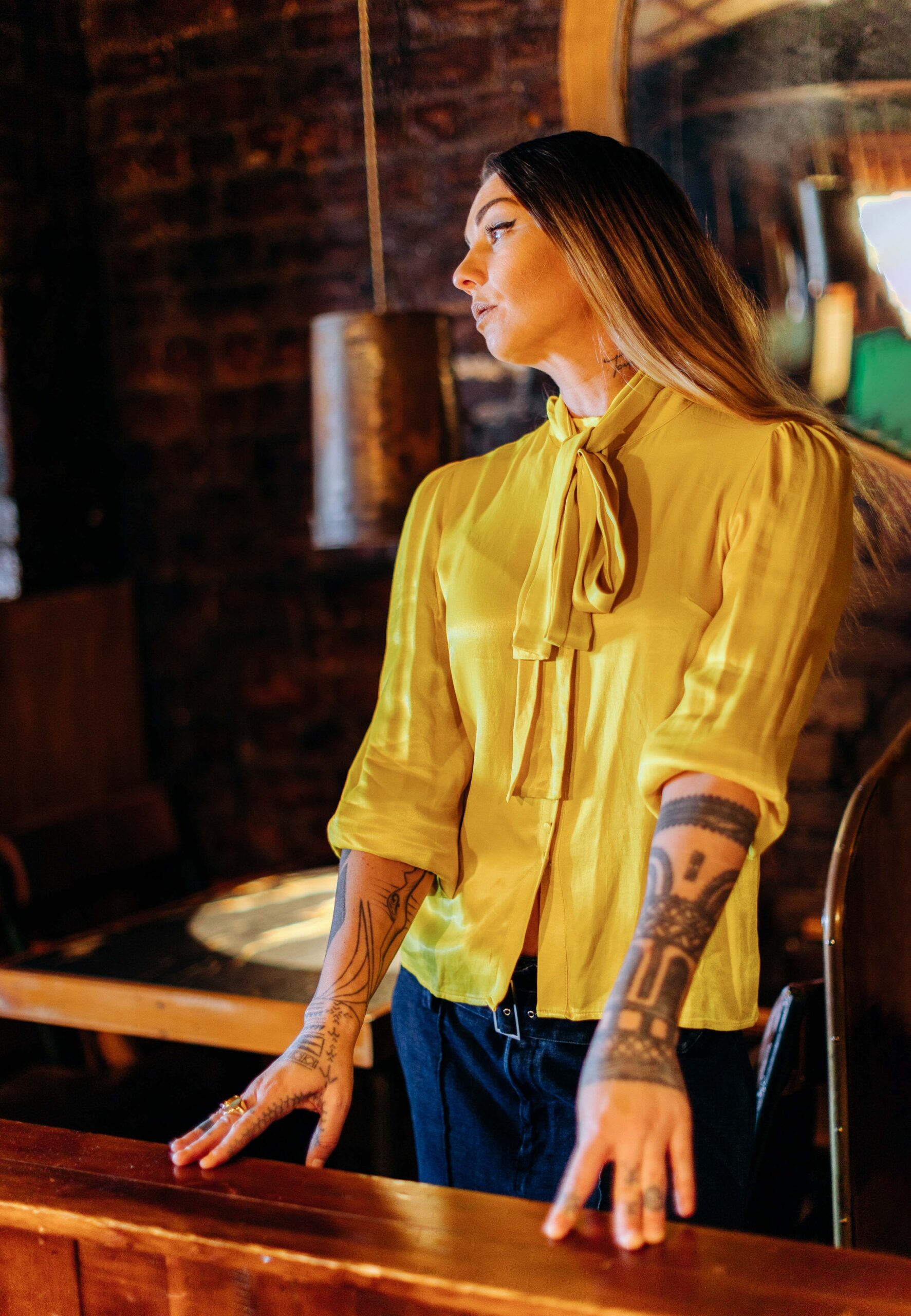
Hollie’s thankful her partner Chris Barton, who works in banking, is currently working from home.
“Chris is busy all day, but once he’s finished work, I talk his head off because I’ve been so bored!”
The couple share their North Shore home, which Chris bought a few years ago, with their beloved dogs. Echo is an eight-year-old Heading dog Hollie adopted from the SPCA, and Murphy is a black Labrador she inherited from her friend, broadcaster Helena McAlpine, who died of breast cancer in 2015.
Hollie was born not far from where she lives now, to a father who played blues and rock guitar in bands. It’s where the young Hollie found her love of music, especially soul, jazz and gospel.
Realising she could do extraordinary things with her vocal chords, she started gigging at 13, encouraged by teachers and Northcote College’s renowned jazz band.
She even landed one of the top marks in the country for music in Year 12. But she left school when she realised the next year’s music syllabus was mainly focused on theory.
Hospitality jobs paid the bills and filled the hours between gigs, as Hollie started to find her groove as a songwriter and performer. She followed her mother to Wellington when she was 16 and soon started working with her stepfather, traditional folk musician and recording artist Steve McDonald.
Soon after, they recorded a Celtic-influenced album, a release that won Hollie a best female vocalist award at the 1999 National Jazz Festival. That led to a tour of the US with her stepfather and a few months in Colorado chasing a record deal that never came.
Back home, Hollie poured herself into a new pursuit, singing with Wellington band TrinityRoots. It gave her the confidence to release her own albums. And then Kiwi music titan Don McGlashan came calling.
“Don rang and asked if I’d come up to Auckland to record a song for a film soundtrack he was writing. Of course, I said yes. I basically went into the studio, sang Bathe in the River three times and left. I never expected it to become the monster it did!”
Or for America to take notice. Legend has it that the US record executive who was listening to Hollie’s music while driving was so taken with her voice – which he labelled “unbelievable” – he almost crashed his car.
“I basically went into the studio, sang Bathe in the River three times and left. I never expected it to become the monster it did!”
Hollie subsequently flew to New York and recorded enough material for an album. But then the record company was taken over, budgets were slashed and, in the end, Hollie lost not only thousands of dollars of her own money, but also six years of work.
She’s not afraid to talk about the lowest point of her career or the collateral damage: the creative slump that took her a few years to recover from and the well-documented break-up of her relationship with TV presenter Clarke Gayford, now the Prime Minister’s fiancé.
But that was then. In true Hollie style, she eventually rallied, throwing herself into recording more albums, touring with Boh Runga, Anika Moa and Fat Freddy’s Drop, and performing at jazz festivals everywhere from Montreal to Glasgow.
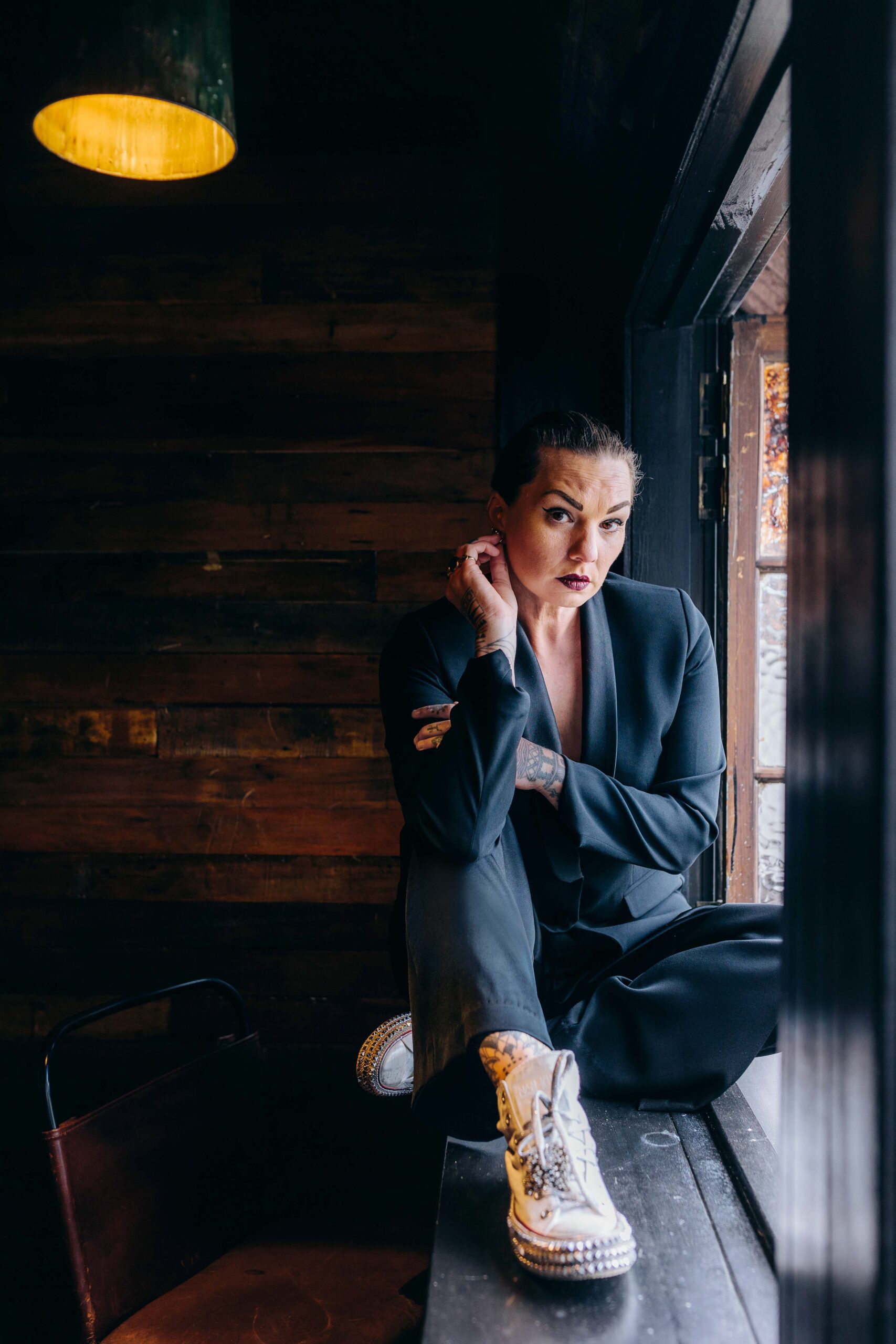
You might have seen her on TVNZ’s recent Waiata/Anthems, a series of seven short documentaries in which Hollie and other Kiwi performers, including Bic Runga and Che Fu, translated and recorded their songs in te reo Māori.
It was, she says, a special process that gave her and Don “another chance to express the depth of Bathe in the River and its meaning”.
“We had many discussions with Tweedie Waititi, the translator, about how best to translate the song into te reo Māori. Doing this has not only created another layer of depth to the song, but is another step in the long overdue process to normalise Māori language and culture into everyday mainstream life in Aotearoa,” says the singer.
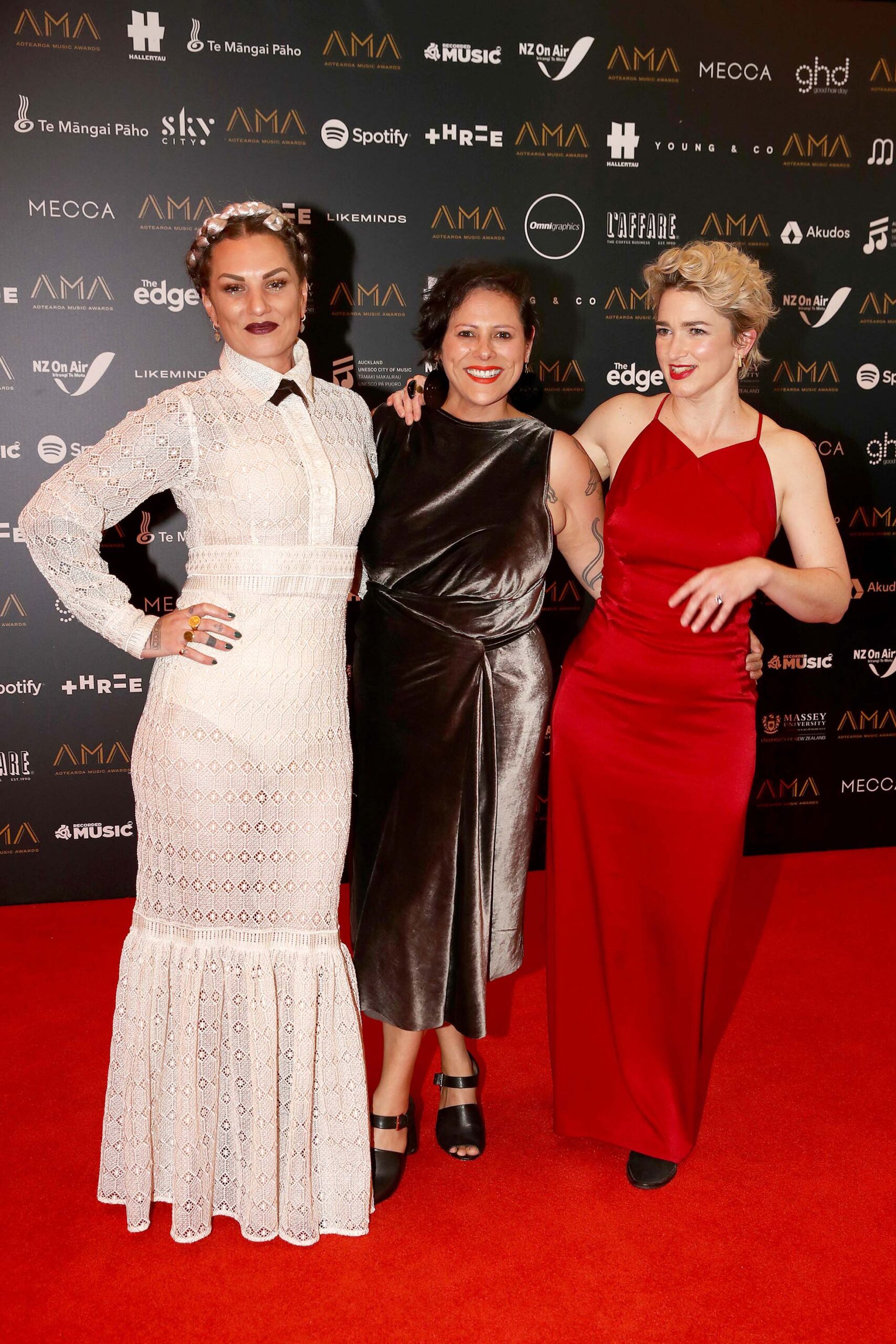
Last month, Hollie even made a cameo appearance on Shortland Street, headlining a charity concert. Oliver Driver, the show’s producer, is an old friend and when he asked her to perform, she couldn’t resist.
“Thirteen-year-old me would be stoked because I’m a longtime Shortland Street fan! I remember watching the first-ever episode when I was at school,” she says.
For a few years, Hollie called Tauranga home, where she lived with a former partner, looking after her stepson Taimana, now 12. “I was a single mother for a bit, but Taimana is a great kid. I still see him some school holidays.”
She still owns a house there too, which fellow musician Ria Hall is currently renting.
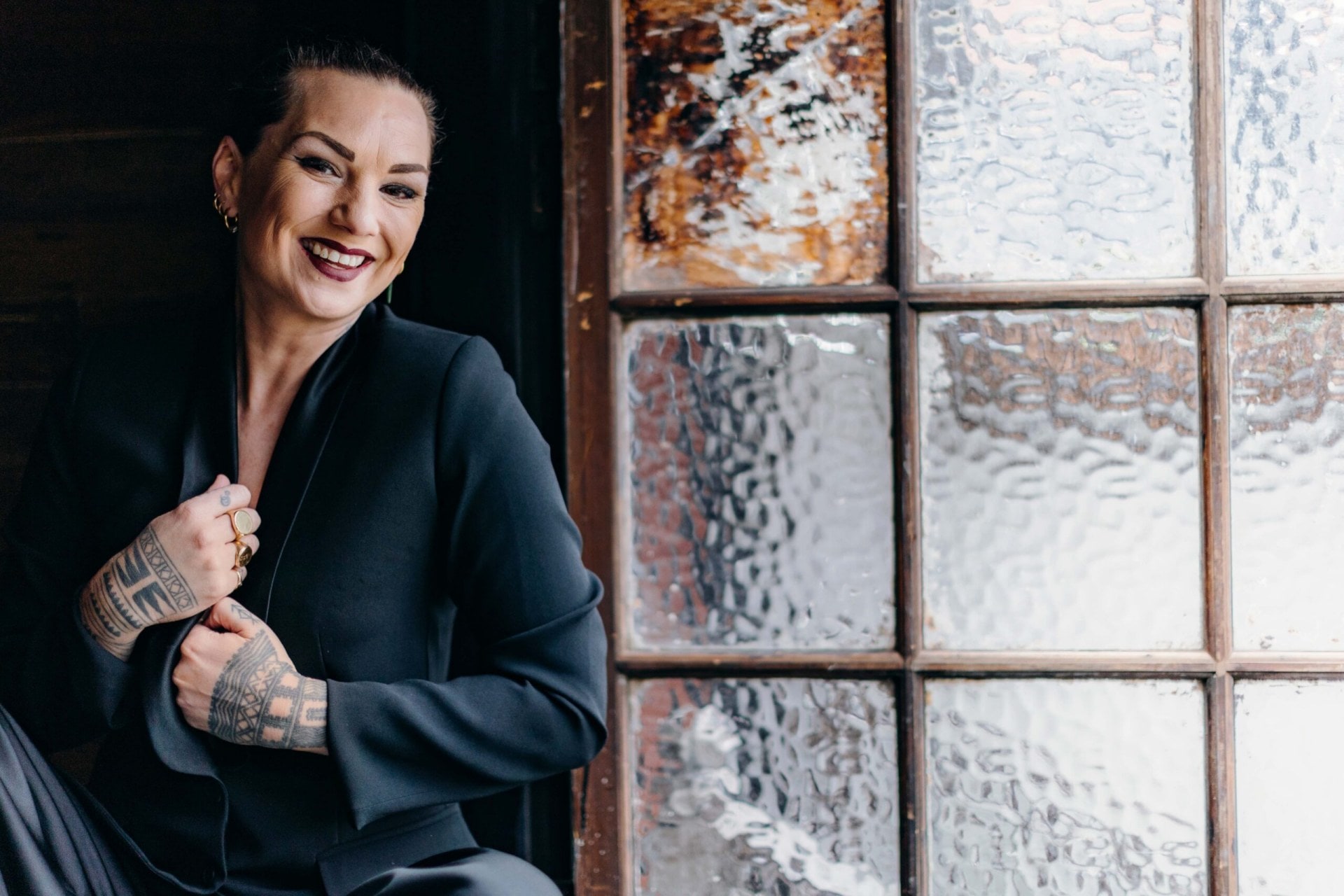
Hollie’s life is pretty defined: write, record, perform, repeat. When she’s not doing that, you’ll find her on a hockey pitch or in the kitchen. “I love cooking and am a big fan of Ottolenghi. I have a lot of signature dishes, but they’re usually all to do with that Moroccan vibe.”
And she tries to get time with her easel as often as possible. “Painting is how I relax.”
“If I ever want to perform again and earn a living as a performer, then we need vaccination passports.”
Here’s something that might surprise you about Hollie: although she loves performing live, talking to audiences can tie her up in knots.
“I never used to speak on stage. I’d just go from one song to another. I was too shy to talk to the audience. And then I tried and had some gigs where I’d make a joke and you could hear a pin drop! But in late 2019, I did a solo national tour with some of the songs from this album in smaller, intimate venues, and also started explaining the songs, which helped.”
Our conversation circles back to Hollie’s tour and the subject of Covid vaccination passports.
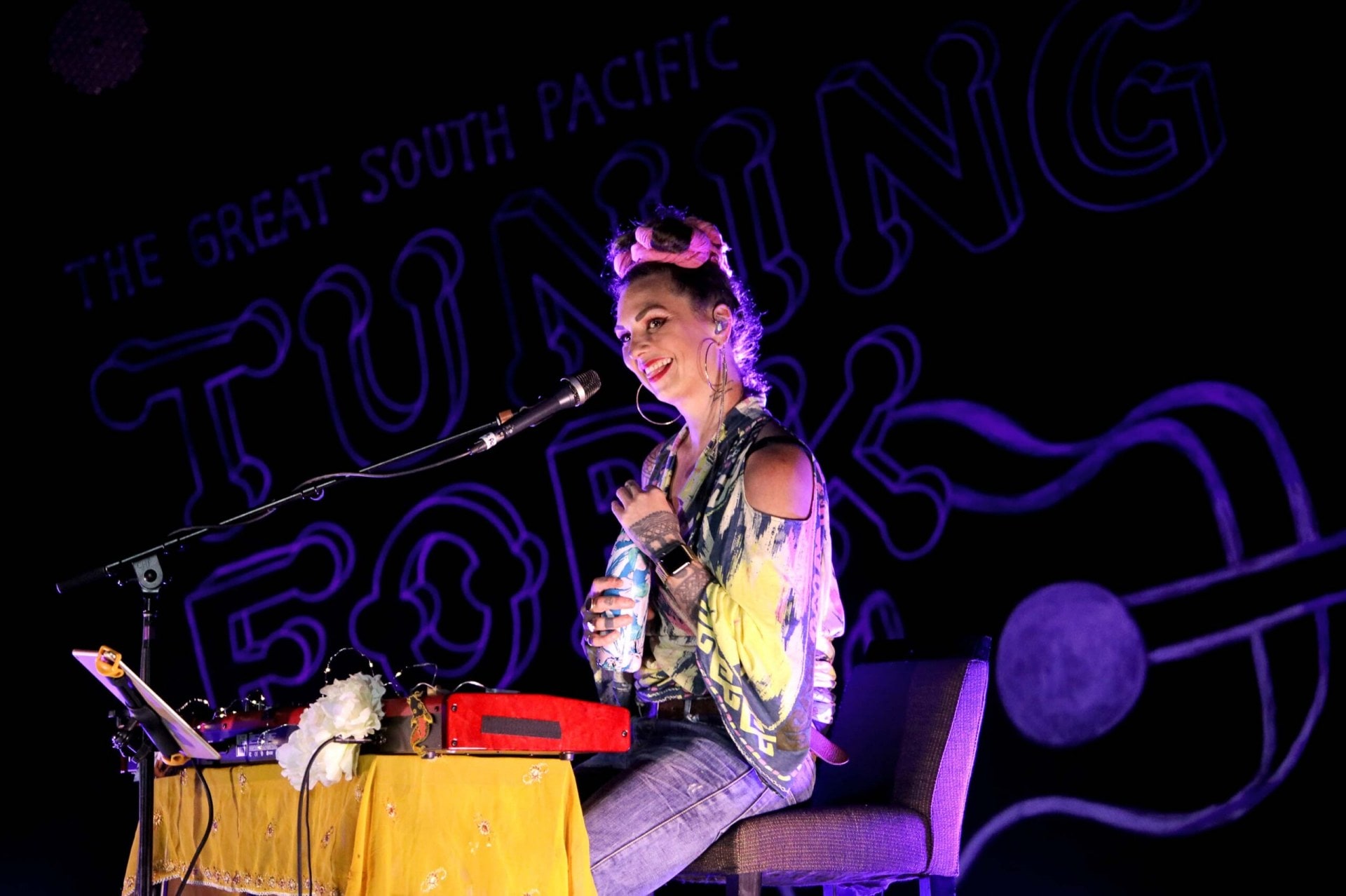
“If I ever want to perform again and earn a living as a performer, then we need vaccination passports. And for everyone to get vaccinated. I’ve had one vaccination so far but I trust in Western medicine and am no stranger to anitibiotics and painkillers. I’m happy to play my part and urge others to do the same so that we can get on with our lives.”

